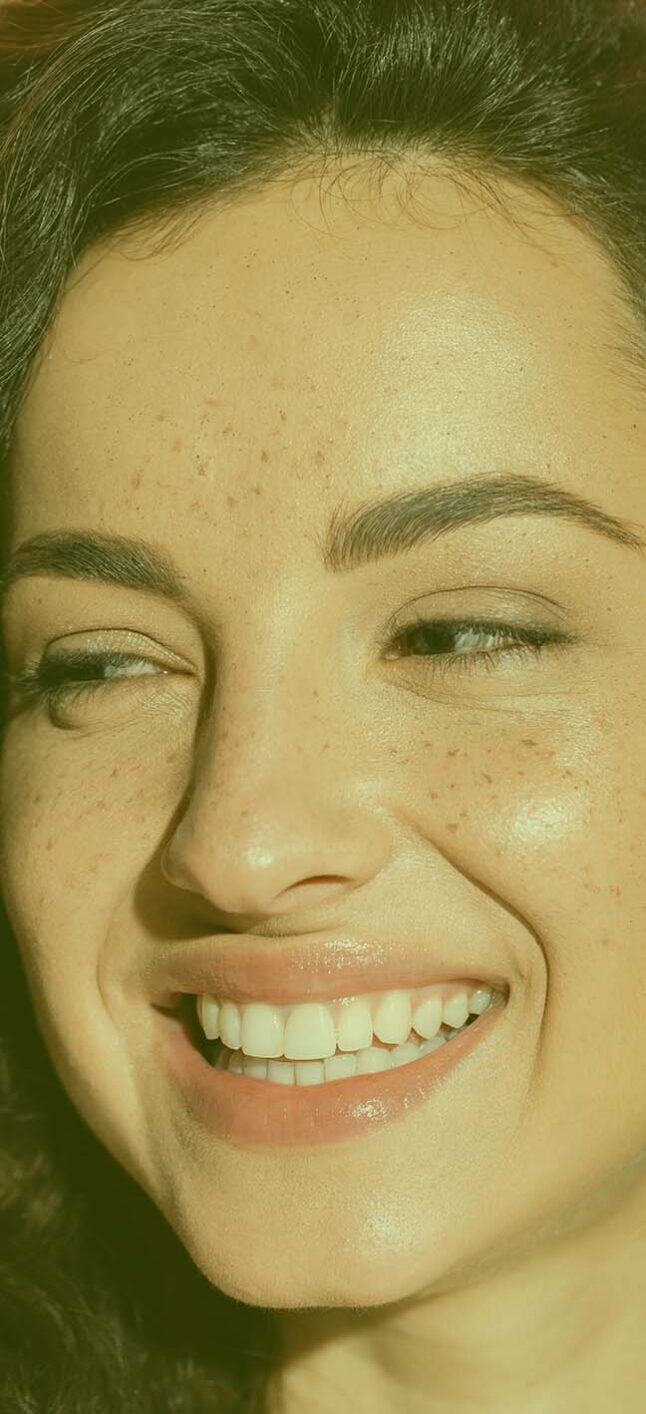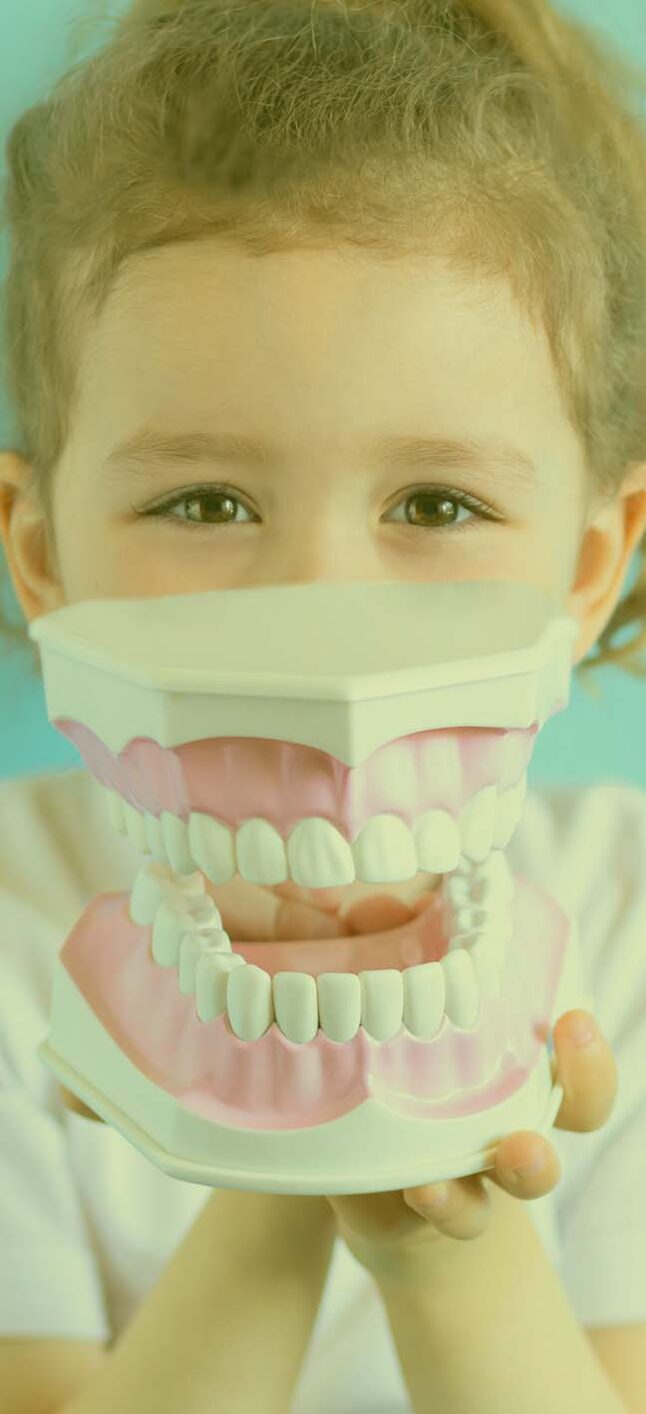Tooth erosion, also known as dental erosion, is the loss of tooth enamel caused by acid attack. Enamel is the hard, protective coating of the tooth, which protects the sensitive dentine underneath. When enamel is worn away, the dentine underneath is exposed, which may lead to pain and sensitivity.
How can one identify tooth erosion?
Tooth erosion may present several signs and symptoms including:
- Sensitivity: As the enamel wears away, teeth can become increasingly sensitive to temperatures and certain foods.
- Discoloration: Dentine is yellower than enamel, and as it becomes more exposed, the teeth can appear discoloured.
- Rounded teeth: Teeth may have a rounded or “sand-blasted” look.
- Transparency: Front teeth may appear slightly transparent near the biting edges.
- Cracks: Small cracks and roughness may appear at the edges of the teeth.
























